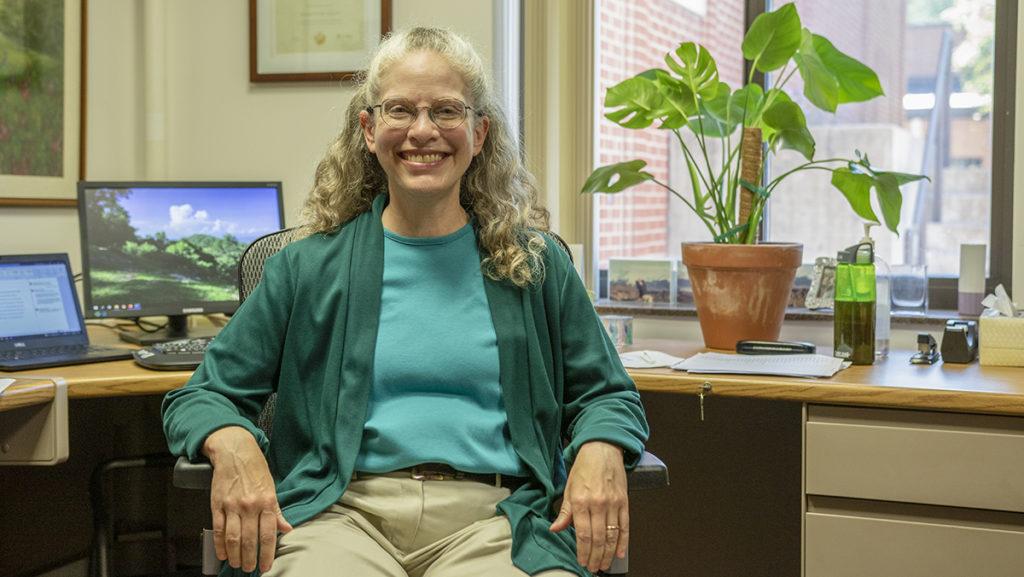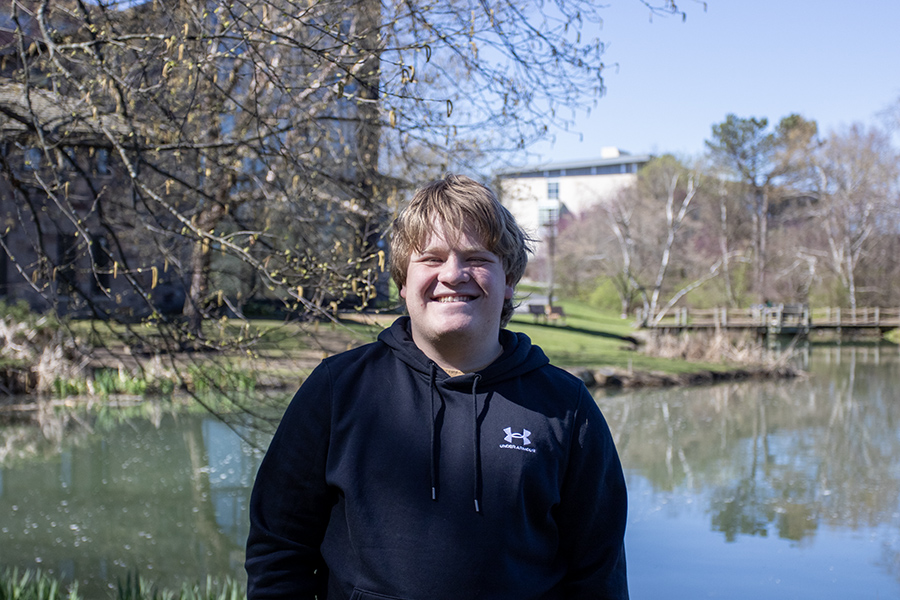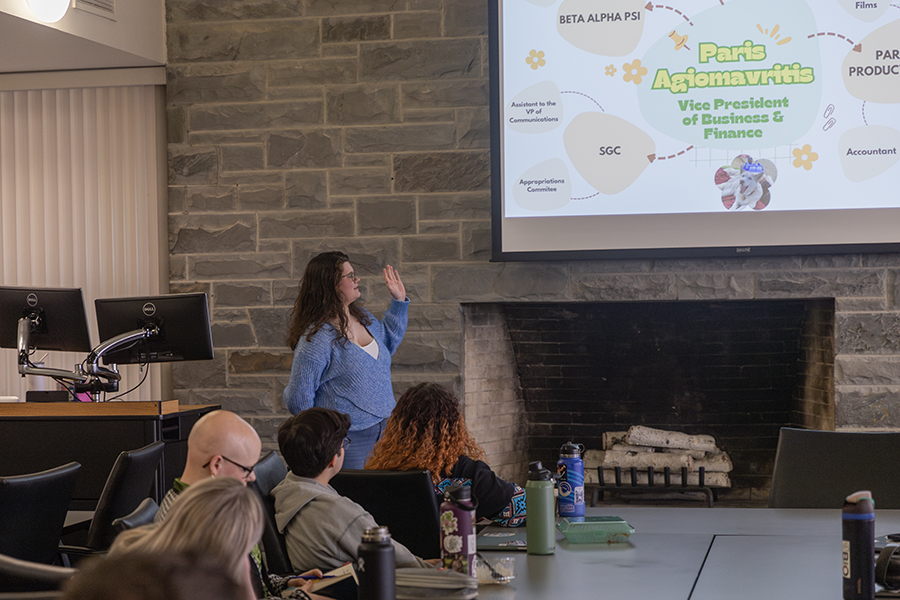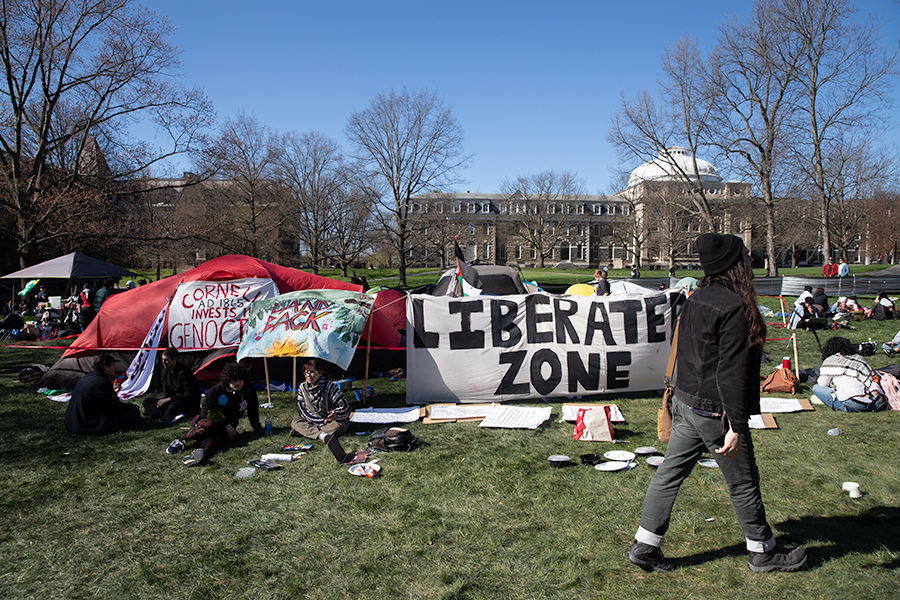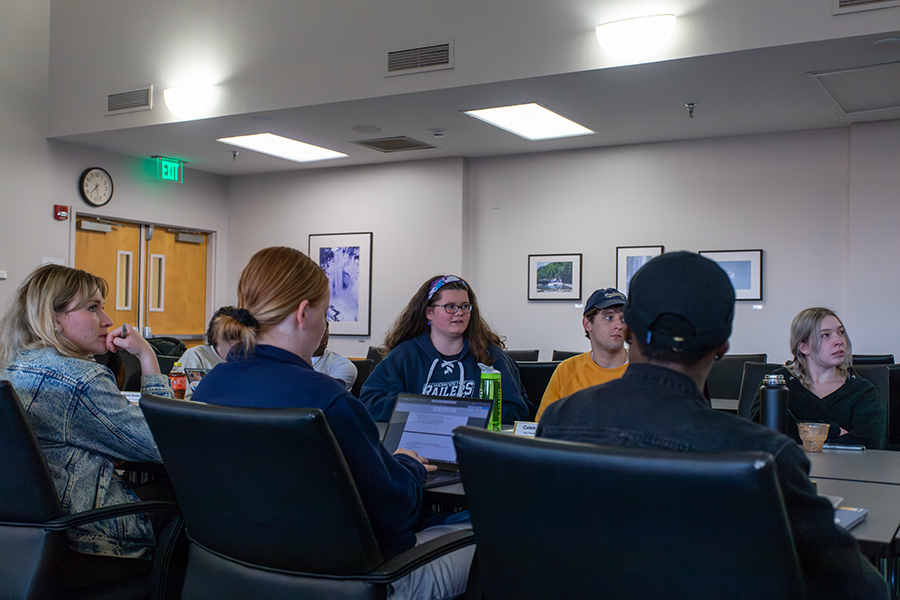Leigh Ann Vaughn, professor in the Department of Psychology, and her student research team published an article on their study of well-being during the COVID-19 pandemic for the journal “Frontiers in Psychology.”
The study focused on well-being, specifically how the motivation for personal growth and seeking out fun activities has been impacted by the pandemic.
Contributing writer Nathan Moone spoke to Vaughn about the outcome of the study, the results and what students can take away from the research process.
This interview has been edited for length and clarity.
Nathan Moone: Why did you desire to pursue this study?
Vaughn: What my research team and I have been doing research on is very relevant to how people respond to COVID-19 … we did some earlier research in the pandemic where we looked at the motivation to be safe and the motivation to grow and have fun, and we found at the beginning of the pandemic the motivation to be safe was huge, but we also found that people were very enthusiastic about that and usually the desire to be safe doesn’t go along with being enthusiastic … We wanted to do follow-up research on a very important holiday … because we thought this could be a good time for people to [want] to be getting together … The other thing is that we just really wanted to know what Americans did on Thanksgiving.
NM: What were the results of your study?
LV: We asked 404 American adults all over the United States to describe how they spent their Thanksgiving and then to report what they were motivated to do that day. … The kinds of motivation we were looking at were to have fun and to grow, which is called promotion focus, and also to be careful and do what you’re supposed to. … We found … the two most important predictors of having a good Thanksgiving and being happy were feeling socially connected––which is completely consistent with what we traditionally try to do on Thanksgiving––and focusing on growth … whether you even saw one person face to face that made such a big difference.
NM: What can be learned from what you found?
LV: This research is important in a number of ways. One of the things that interested one of my co-authors, John Luginsland, … was what it can tell us about how people can be resilient during a huge disaster like COVID; so it’s really important to understand what can help people feel like they’re happy with their lives … that’s good stuff to know for promoting resilience. Not even just during a pandemic but also for other epidemics. … How can we maybe use what we found to help with persuasive messaging about how to have a satisfying, yet safe holiday? Something that we found evidence of is that people had some conflicts between their goals and the desire to remain safe against COVID-19.
NM: How can this study be beneficial to your own future teachings?
LV: I’m talking about this study as an example in social and in personality. We study one of the theories that we were working within this study. It’s called self-determination theory, and this research is a really nice way to take that theory that we’re talking about in a lot of classes and link it up to something that we all experience in one way or another. … My research team is following up on this very research. We’re doing additional analysis of the data we collected on Thanksgiving. We’ve already presented some of that data at a professional conference in spring and we’re going to hopefully do some more with that next spring.
NM: What do you want readers to take away from reading your study?
LV: I want readers to take away the idea that, yes, you can do both. You can get together with extended family members during holidays in the COVID-19 pandemic and you can have fun. All of this can be good for your satisfaction. It’s not going to feel right as you’re doing it, but that “not feeling right” can actually get you to be a little more creative in these experiences and that creativity is a good thing.


